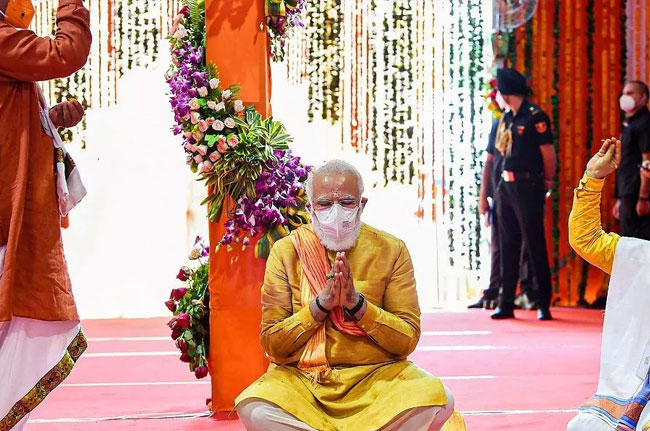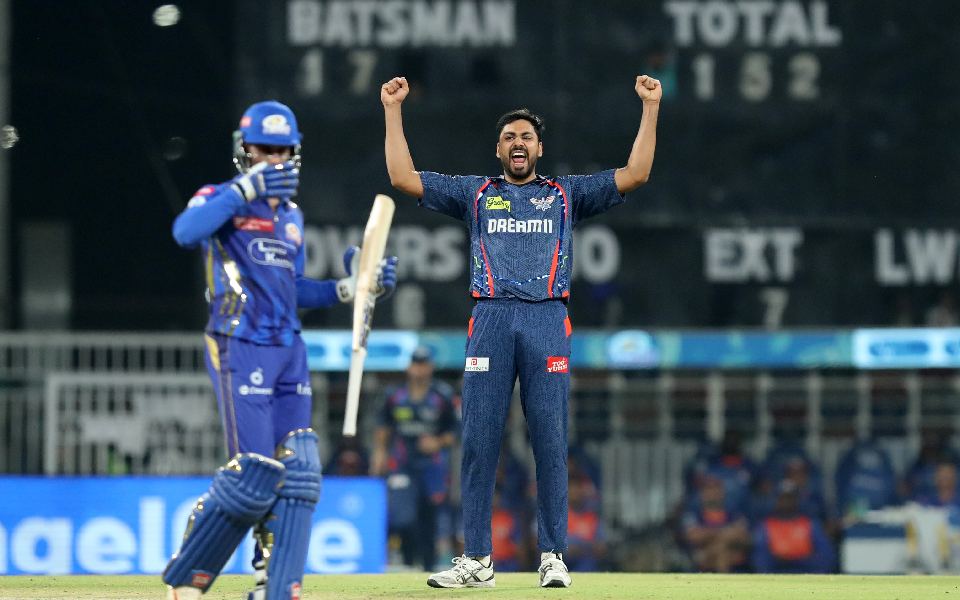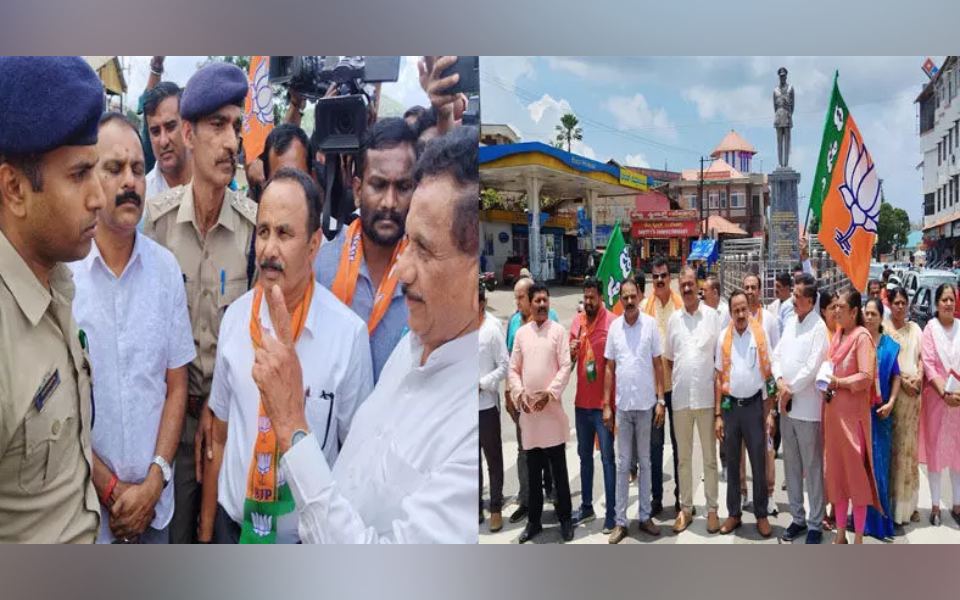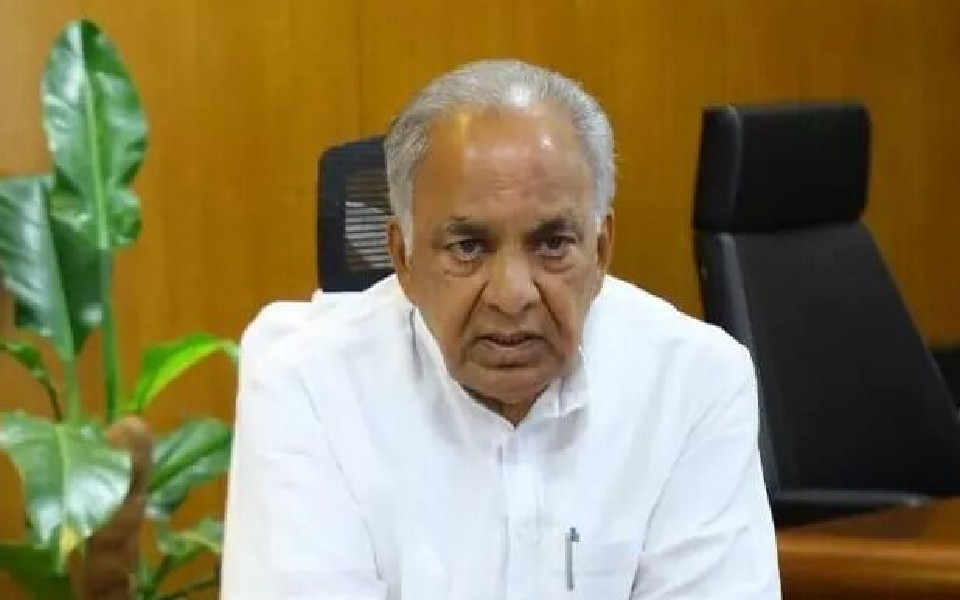New Delhi: Champat Rai, the general secretary of Shri Ram Janmabhoomi Teerth Kshetra Trust, has stated in an interview with Amar Ujala that there is no rush to complete the construction of the Ram Temple in Ayodhya.
He explained that the initial plan estimated completion within three years, with the foundation alone taking 18 months. Rai emphasized that the temple follows the Ramanand tradition and is not associated with Sanyasis, Shaiva, or Shakta.
When asked about the method of worship in the new temple, Rai said that since it’s a Ram mandir, Ramanand tradition will be followed.
“The temple belongs to the Ramanand sect, and not to the Sanyasis, not to Shaiva or Shakta,” he added.
Shankaracharya Nishchalananda Saraswati, who had confirmed that he would not be going to Ayodhya for the January 22 event, criticised Rai’s remarks, advising him not to diminish his stature while holding a position of power.
Criticism has arisen regarding the extravagant event planned for the consecration of the Ram Mandir on January 22. Shankaracharya Nishchalananda Saraswati, suggested that it is being turned into a political spectacle.
He expressed dissatisfaction with the grandeur of the event, attributing it to the upcoming general elections and cautioning against turning pilgrimage sites into tourist attractions.
Four Shankaracharyas have reportedly refused to participate in the organization of the Ram temple, highlighting concerns about the event's political undertones. While praising Prime Minister Narendra Modi's commitment to Hindutva, Shankaracharya Nishchalananda Saraswati raised concerns about pilgrimage sites becoming commercialized in the name of development.
Despite the Trust's assurance of a meticulous construction process, critics worry about the potential politicization of the Ram Temple event, emphasizing the need for a balanced and non-partisan approach.
Let the Truth be known. If you read VB and like VB, please be a VB Supporter and Help us deliver the Truth to one and all.
Guwahati, Apr 4 (PTI): The Assam cabinet has decided to lift all cases pending against people from the Koch Rajbongshi community in the Foreigners' Tribunals, Chief Minister Himanta Biswa Sarma said on Friday.
They will also no longer carry the tag of 'D' or doubtful voters, he said.
''There are 28,000 cases pending in different Foreigners' Tribunals in the state against people of the community. The cabinet has taken a historic decision of lifting the cases with immediate effect,'' Sarma said at a press conference here after the cabinet meeting.
The government believes that the Koch Rajbongshis are an indigenous community of the state and they are an inextricable part of ''our social and cultural fabric'', he asserted.
The people of this community are poor and have suffered a lot over the years, he said.
''They will no longer carry the tag of foreigners or ‘D’ voters,'' the CM said.
Foreigners Tribunals are quasi-judicial bodies, particularly in Assam, established to determine if a person residing in India is a "foreigner" as defined by the Foreigners Act of 1946, based on the Foreigners (Tribunals) Order of 1964.
These tribunals are designed to address matters related to citizenship and the presence of “foreigners” in India, specifically focusing on cases where someone is suspected of being an illegal immigrant.
There are 100 Foreigners’ Tribunals across Assam.
The Koch Rajbongshis have a sizeable presence in Assam, West Bengal, Meghalaya, and parts of Bangladesh, Nepal, and Bhutan, and they demand Scheduled Tribe status.





